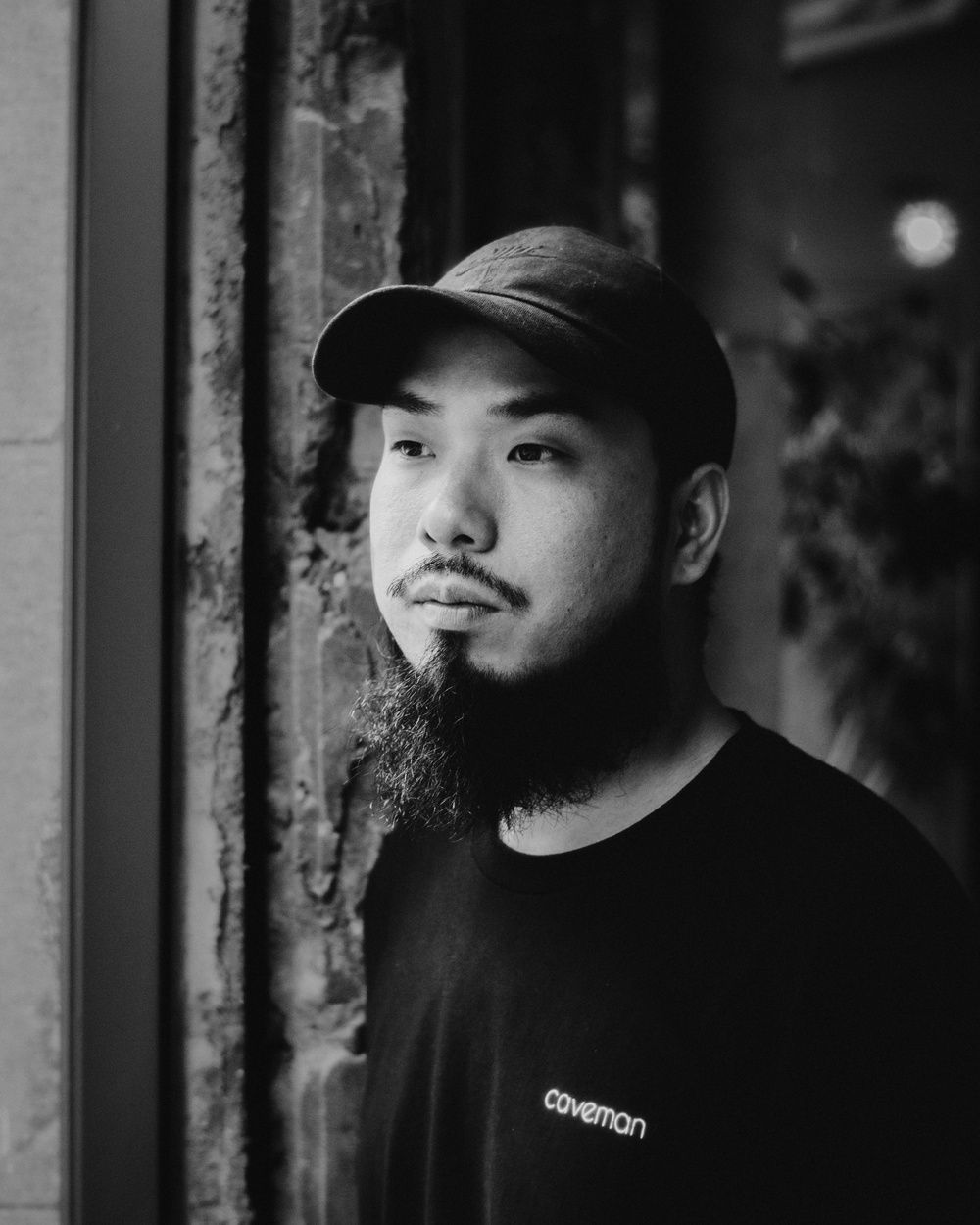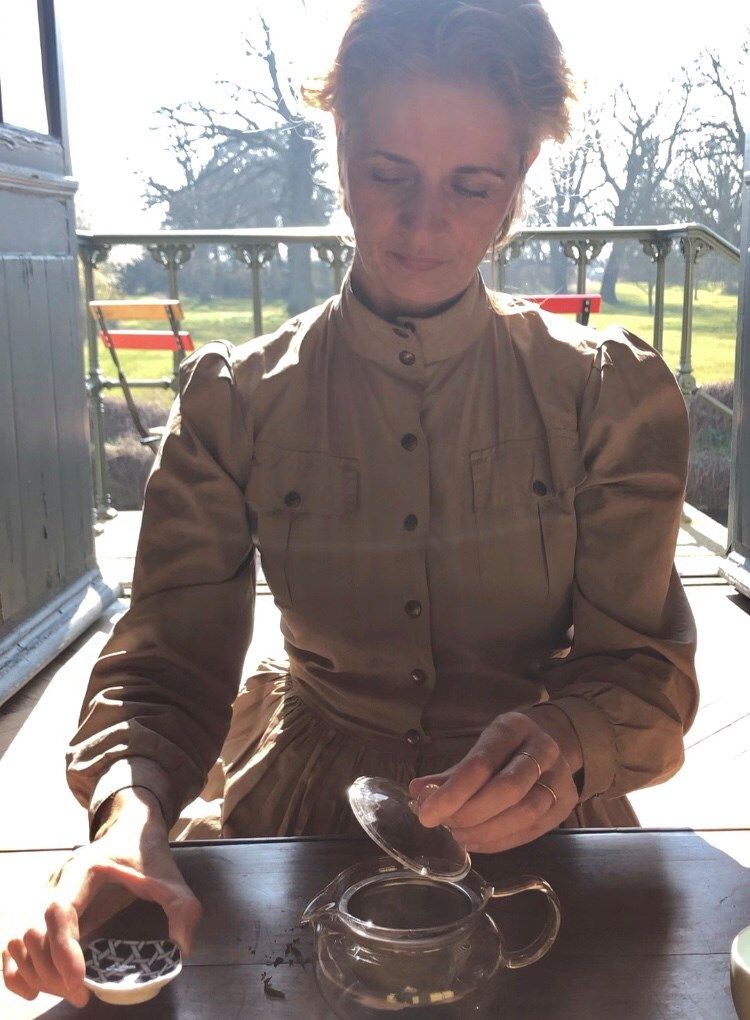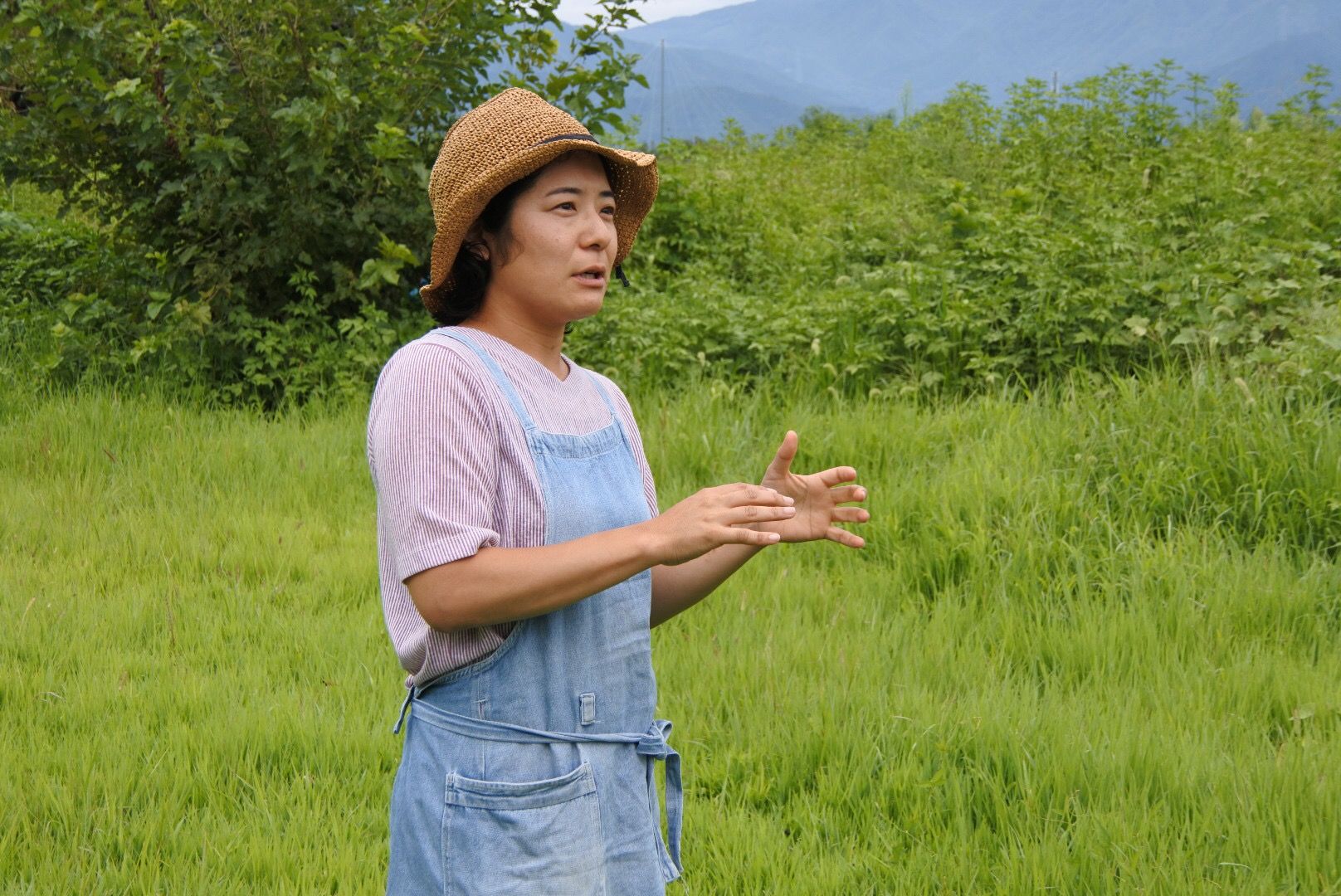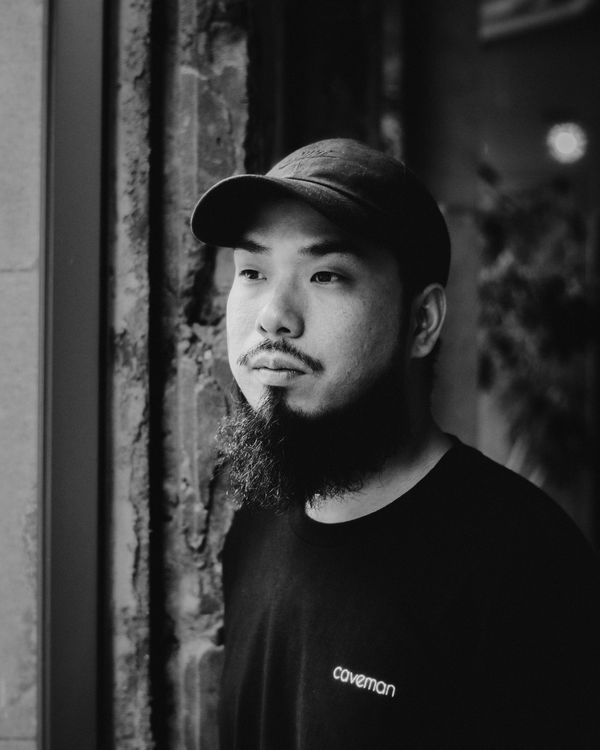
Already half a year deep into the start of a new decade, we find ourselves isolated, masked and wishing things could go back to “normal” again. As much as we want to gather in large groups, dine intimately and feed each other good food and drink, this pandemic will not disappear by tomorrow. Since February 2020, food industries across the world have already begun changing drastically, and learning to adapt to this new world.
We checked in with our friends working primarily in the food industry—we asked chefs, producers, recipe developers, teachers, and eaters in Japan and abroad, about what life is like with COVID-19.
Atsuki Kuroda Chef at Caveman
“No one can travel, so we are bringing ‘international cuisine’ to Japan by using Japanese ingredients.”
Atsuki Kuroda is the chef at Caveman, an all-genre restaurant in the newly-opened Tokyo hotel complex K5, produced by the same team behind Kabi. Having just opened at the start of 2020, Caveman has since experienced a very strange welcome.
What’s different now, from pre-COVID-19? What has changed about the way you run Caveman?
Fine dining has changed. Restaurants have taken a more casual approach, offering things they normally wouldn’t. Like Noma with their hamburgers and wine bar. You can’t gather people and enjoy as intimately as before. Service has changed here as we are only filling half of normal capacity.
At the moment no one can travel, so we are bringing ‘international cuisine’ to Japan by using Japanese ingredients. We are for example planning on doing Mexican food as well as falafel and other cuisines.
What did you learn about the industry/yourself during the crisis?
During lockdown, I realized that one must be more considerate of the customer’s needs, follow them more closely. Creating a menu that will excite people upon reading it. We are changing the order of presenting the menu as well, giving it in the beginning rather than after everything has perished, making the customer look forward to what’s to come and also remember what food is what more easily.
Have there been any positive outcomes from the crisis?
My way of thinking has changed. Not thinking of the “ego”, but rather my surrounding. I experienced having people cook for me as well, which gave me inspiration for new recipes, such as popcorn ice cream that is on the menu now.
Mette Marie
Owner & Tea Consultant of Sing Tehus

“We have a responsibility to help preserve traditions and strengthen the support network for small tea farmers, so they are not forced to give up.”
Mette established Sing Tehus in Copenhagen with a wish to create proximity with and awareness of our surroundings. “I realised that this is what tea can do. Those small leaves can touch our emotions and nerves, and create experiences that people will bring with them and pass on.” When COVID-19 hit Denmark and the government decided to lock down the country, Mette experienced generous support from Sing Tehus guests and friends. They called and asked “What can we do to help?” and bought more than they usually would. This allowed Mette to do the same for her suppliers. What’s different now, from pre-COVID-19? What has changed about the way you run Sing Tehus? 14 years ago I had a vision with this teahouse. I feel that we are now entering the second chapter. We have the knowledge and network to make a difference, there’s no going back. We have a responsibility to help preserve traditions and strengthen the support network for small tea farmers, so they are not forced to give up. For all to feel the joy of life. In Denmark people trust organic certification. In order to get it you need to prove from today till Christmas Eve what your product contains. It is a labor intensive process. If the product does not have this certification, even though it is organic, the product’s price will decrease. We sell tea in Sing Tehus without it, and our customers trust the product because it is selected by us. During these months of COVID I have had time to think about how to develop an alternative certification for tea that can help customers understand/trust the product easily. What did you learn about the industry/yourself during the crisis? Sometimes a simple starting point is the most important to create value that spreads like rings in water. There is the importance of profit and respect for nature, but one other crucial point is the care, the feeling of unity and respect between people.
Nick Lee Teacher at the Edible Schoolyard Berkley
“Now people are paying attention to hunger in a way that they haven't before...The dialogue has shifted - food should be a right in a country that is so wealthy.” The Edible Schoolyard Berkley is a “garden classroom” located at Martin Luther King Jr. Middle School in Berkley, California. The garden-kitchen initiative was launched by Chez Panisse chef Alice Waters back in 1995 to educate kids about food and growing it, hands-on. Nick Lee is a teacher at the Berkley campus, where students haven’t been attending since March 15th and are not expected to be back at all this year. How has COVID-19 impacted ESY Berkley? Has it triggered any positive change? There is a challenge with some students not having access to good food at home. We are making a new initiative in Stockton. Alice Waters had prepared a meal that represented what she envisions as the ideal school lunch. The mayor from Stockton, Michael Tubbs, happened to be at the meal, resonating with Alice’s vision. A funder sat at the table as well. He was interested in supporting a new initiative. So the three of them made this Stockton Project get off the ground. They are now delivering fresh produce boxes directly from the farmers to more than 1000 families every week. As families are picking up homework from school they pick up a box as well with recipes and learning material. What have you discovered during this time? How do you see the future? Now people are paying attention to hunger in a way that they haven't before. So many people have been affected by losing their jobs. This has put more focus on not having enough food. The dialogue has shifted - food should be a right in a country that is so wealthy. There has been a change in the way people see food - food media. Restaurants have been about fine dining until now - which is shifting - Michelin restaurants are selling 10 dollar meals to support the need for food. People who were used to mostly take-away food. Suddenly they needed to cook by themselves and this is what we have been supporting. We are supporting cooking at home in a way that considers the local consumption, growth of skills, joy in the kitchen.

Maiko Tsuruoka, Wild Herb Farmer of Tsuchi Korobi
“More and more people find value in online communication, but what I want to teach you can’t be taught through a video.”
Yassou, though translates to “weed”, refers to the wild herbs that grow natively in Japan. Knowing about these herbs is not knowledge that most people have although these body-healing foods surround us even in the city. Maiko Tsuruoka is a yassou expert and farmer of Tsuchi Korobi, who harvests and teaches her customers how to utilise these herbs. After COVID-19 hit, she has been struggling to teach and distribute these short-lived jewels.
How has COVID-19 impacted you and Tsuchi Korobi?
I had to stop delivering to the restaurants that sourced these yassou (wild herbs). It’s been difficult getting customers, I’ve lost the opportunity to teach people how to eat and use these herbs, as well as the opportunity to harvest and cook with them. More and more people find value in online communication, but what I want to teach you can’t be taught through a video.
The lifespan of each herb is extremely short. Depending on the plant what we can consume is different, so the time we have to consume it also varies. For new sprouts, the longest we have is four days, for flowers it’s only two to three days in an entire year. These are not plants that we can find anywhere or everywhere and can use it whenever we need it.
These are like mountain herbs which you can find only during a limited span of time in a year. However the best season for yassou, when you can find the most types, happened to be during the peak of coronavirus.
What have you discovered during this time? What do you hope for the future?
While us humans were panicking, these plants grew with the seasons. Sure, we can probably live without them, but they are medicinal foods, and they help us to realise that you are what you eat. I hope that more people grow to become more interested in these foods that aren’t cultivated but are a living part of our wild earth.
Sayoko Tsukamoto Food Remedies Specialist/Founder of tsumugi
“One benefit of going online was that even mothers with little kids could join, without the trouble of having to leave home.” Sayoko Tsukamoto founded her company “tsumugi” in early 2020, just before the world turned upside down. After years of promoting a holistic attitude towards food and health as a freelance chef-researcher and specialist in food remedies, Sayoko has channeled her vision into tsumugi. Through publishing articles and holding workshops and classes (now conducted all through Zoom) tsumugi simultaneously cultivates food education and community.
How has COVID-19 impacted tsumugi? Has it triggered any positive change? We used to operate more offline-based. We’d get together for cooking classes, and cook together. Instead of doing those offline classes as our main base, we will make our online platform, but still occasionally hold some offline events.
I still think it’s very important to meet face-to-face, in real life. We may even do up to 70% of everything online.
One benefit of going online was that even mothers with little kids could join, without the trouble of having to leave home. We’ve had people from all over, a Japanese person living in Dubai, a person in Iwate Prefecture, another in Yamanashi Prefecture, and another in Shizuoka Prefecture. All these people from outside of Tokyo were able to fit on one screen. They were able to join via Zoom and we could all talk! Isn’t it interesting?
If you liked this article, please consider supporting APPETITE. Your donation will go towards project costs and paying creatives. One-off donations start from $5 via Buy Me a Coffee.

